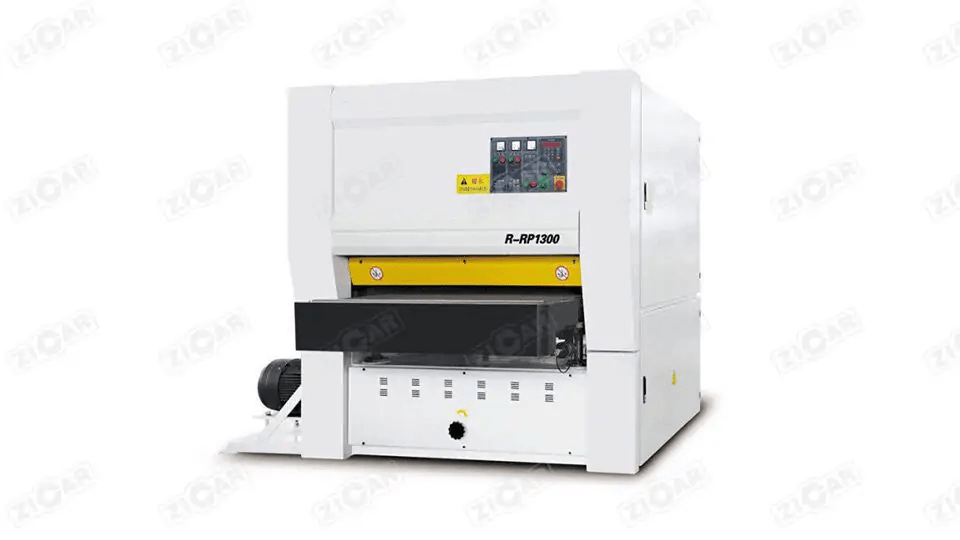Seoul, the vibrant heart of South Korea, stands as a testament to the country’s remarkable economic and technological evolution. As the nation’s economic powerhouse, Seoul has witnessed a significant transformation in its manufacturing sector. Traditional industries, once dominated by textiles and machinery, are now giving way to modern sectors such as information technology and electronics. This shift is not just a change in industry types; it’s a leap towards a high-tech, efficient manufacturing environment.
In this dynamic setting, Seoul emerges as a fertile ground for advanced woodworking machinery. The city’s alignment with cutting-edge technology and its drive for efficiency make it an ideal market for sophisticated equipment like six-side drilling machines. These machines represent the pinnacle of woodworking technology, offering unparalleled precision and efficiency – attributes that resonate with Seoul’s high-tech ethos.
The woodworking industry in South Korea, however, is not a monolith. Across the country, the presence and scale of woodworking operations vary significantly, shaped by local economic and industrial landscapes. Some cities, mirroring Seoul’s technological advancement, might exhibit a robust demand for advanced woodworking machinery. These urban centers, often characterized by a strong manufacturing base or undergoing industrial transformation, are likely to seek tools that enhance production capabilities while aligning with their modern industrial fabric.
Conversely, other regions in South Korea, particularly those with emerging markets or smaller-scale woodworking operations, may have different priorities. For these areas, the emphasis might shift from technological sophistication to aspects like reliability, cost-effectiveness, and strong after-sales support. This is where products like Zicar’s wide belt sanding machine and edge banding machine come into the picture. Known for their durability and performance, these machines could appeal to businesses seeking to establish or expand their woodworking capabilities without the hefty investment in ultra-high-tech equipment.

The overall trend in South Korea’s wood market further underscores this potential. The increasing import of veneer and other wood products signals a growing appetite for woodworking machinery. It points to an expanding sector where both advanced and basic machinery have their roles to play, catering to different needs across the spectrum of woodworking businesses.
For companies like Zicar, this presents a multifaceted opportunity. In technologically advanced cities like Seoul, the efficiency, precision, and technical superiority of advanced machines could attract businesses aiming to scale up their production with state-of-the-art equipment. In other regions, the reliability, cost-effectiveness, and comprehensive customer support of Zicar’s product range could also resonate more effectively with smaller workshops or burgeoning businesses.






